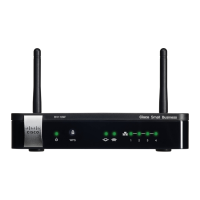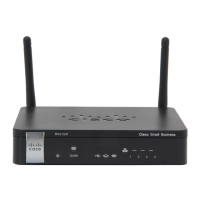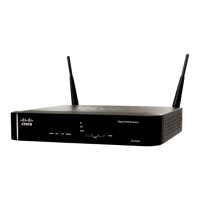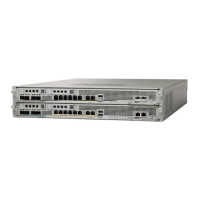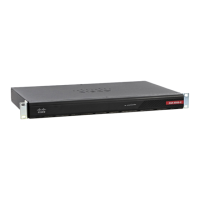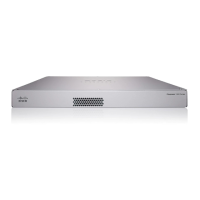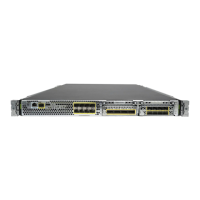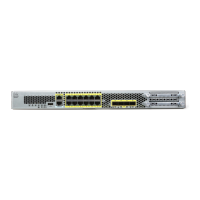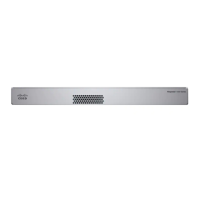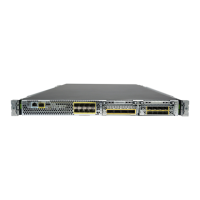Configuring Networking
Configuring the LAN (Local Network) Settings
Cisco RV120W Administration Guide 29
2
For most applications, the default DHCP settings are satisfactory. If you want
another PC on your network to be the DHCP server, or if you are manually
configuring the network settings of all of your PCs, disable DHCP.
To configure the DHCP settings of the Cisco RV120W:
STEP 1 Choose Networking > LAN (Local Network) > IPv4 LAN (Local Network).
STEP 2 From the DHCP Mode drop-down menu, choose one of these options:
• None—Choose this option if the Cisco RV120W is not going to act as a DHCP
server.
• DHCP Server—Choose this option to configure the Cisco RV120W to be a
DHCP server and enter this information:
- Domain Name— (Optional) Enter the domain name for your network.
- Starting IP Address/Ending IP Address—Enter the first and last of the
contiguous addresses in the IP address pool. Any new DHCP client
joining the LAN is assigned an IP address in this range. You can save part
of the range for PCs with fixed addresses. These addresses should be in
the same IP address subnet as the Cisco RV120W's LAN IP address.
- Primary DNS Server/Secondary DNS Server—DNS servers map
Internet domain names (for example, www.cisco.com) to IP addresses.
Enter the server IP addresses in these fields if you want to use different
DNS servers than are specified in your WAN settings.
- Lease time—Enter the duration (in hours) for which IP addresses are
leased to clients
• DHCP Relay—Choose this option to configure the Cisco RV120W to be a
DHCP relay agent and enter the address of the relay agent in the Relay
Gateway field. The relay agent transmits DHCP messages between multiple
subnets.
STEP 3 Click Save.
Configuring the DNS Proxy
You can also enable a DNS proxy. When enabled, the firewall then acts as a proxy
for all DNS requests and communicates with the ISP's DNS servers. When
disabled, all DHCP clients receive the DNS IP addresses of the ISP.
